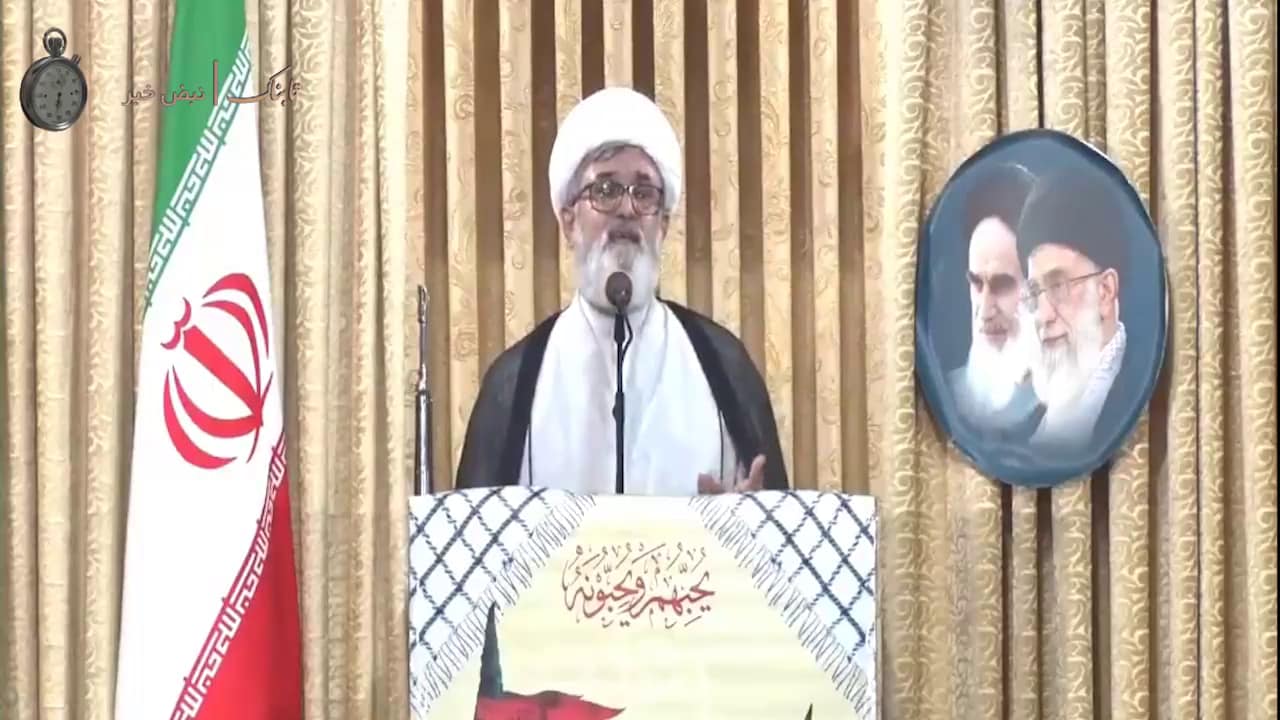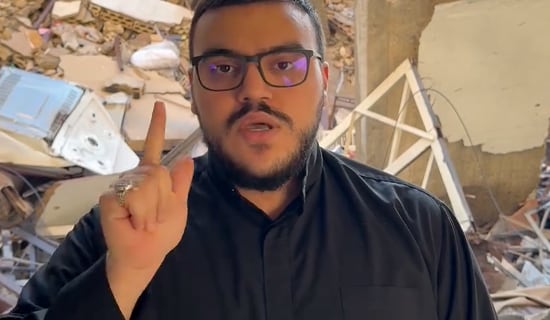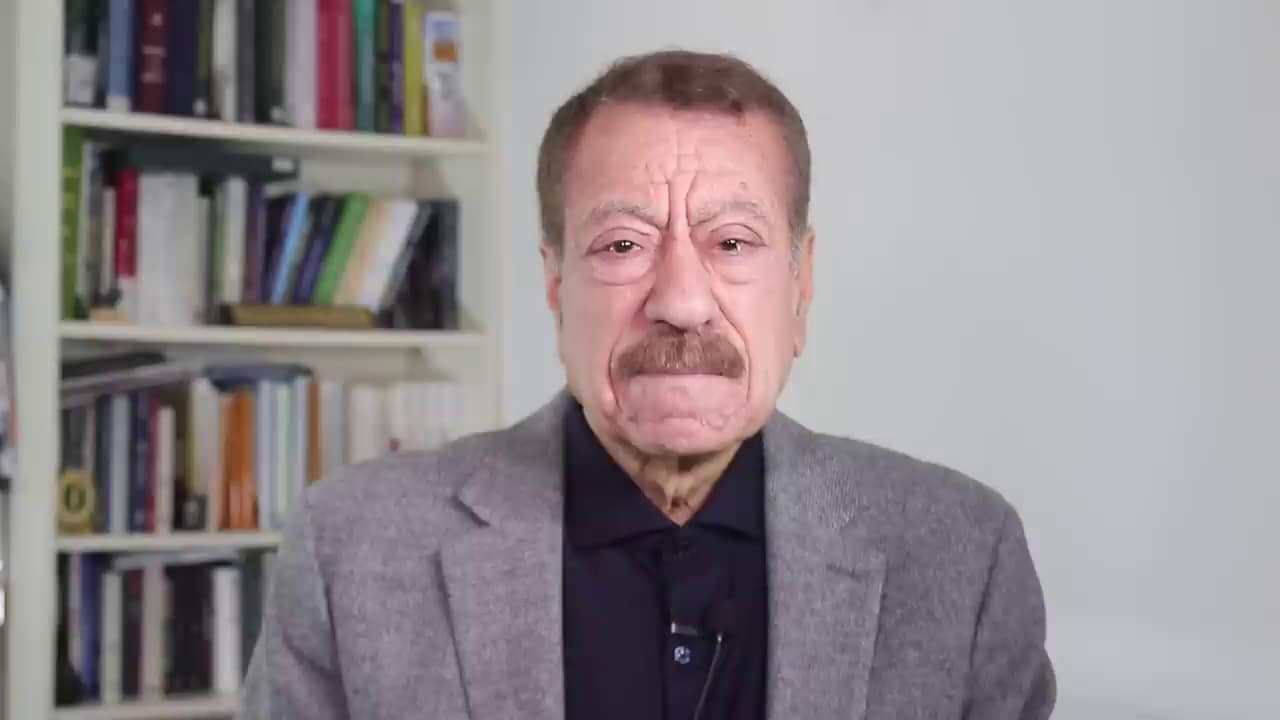
In a TV interview renowned Syrian cartoonist Ali Farzat recounted details of his torture and attempted assassination following his criticism of "the president, the secret services, the Baath Party, and the mafia gangs operating in Syria." Farzat, who is currently in exile in Kuwait, also talked about the satirical magazine that he published from 2001 until 2003, when it was shut down by the government.
Following are excerpts from the interview, aired by BBC Arabic on June 2, 2014.
Interviewer: I was interviewing you on another TV channel, and when you were leaving Beirut on your way back to Damascus, I told you to call me to let me know that you were okay.
Ali Farzat: Right.
Interviewer: So we talked on the phone, and you told me that you had arrived safely. But a week later, you were attacked. It may have been an attempt on your life.
Ali Farzat: It was indeed an assassination attempt. They reported in the news that "the armed gangs killed the artist Ali Farzat."
[...]
A month earlier, I began to criticize the president, the secret services, the Baath Party, and the mafia gangs operating in Syria. This coincided with, or slightly preceded, what happened in Daraa. My criticism of the president was against the backdrop of the events in Daraa.
[...]
It was in the middle of Umayyad Square that a car hit me. In that square, there have always been 23 security patrols - ever since Hafez Al-Assad took over the Baath Party in 1963.
[...]
Three men got out of the car, each one the size of a dinosaur. They were carrying black anti-demonstration clubs, of the kind they imported from Iran.
Interviewer: Were they wearing ski masks?
Ali Farzat: They had Zoro masks and baseball caps. They opened the doors of my car on both sides. The doors weren't locked, but they kicked them in, breaking them completely. One man entered my car from the right, and another from the left, and they began beating me with their clubs. They put a sack over my head and handcuffed me. Then they began to beat me on the head, on my hands, on my back. It lasted five minutes, more or less.
[...]
Without saying a word, they dragged me out of the car, and put me in the back seat of their car. They removed the handcuffs. One of them grabbed my left arm, and the other my right. The third one was driving.
They removed the sack and blindfolded me. They pushed my head down behind the front seat. I was folded like a notebook. They beat me with their clubs from above and below. They said to me: "You worn-out shoe, show respect for Bashar Al-Assad."
[...]
I couldn't feel any pain. I couldn't feel a thing. They said: "You dog, we are your masters. How dare you criticize your masters? Break his right hand. Break his left hand." And indeed, they broke both my hands. They broke three fingers on this hand. They pushed my fingers back like that all the way to my forearm. The other hand they broke in two places.
The car was moving for about twenty minutes, and then they saw that I was not breathing or talking, and when they lifted my arms, they were limp... But I could feel everything.
One of them said: "Open the back door, and throw out that piece of..." So they opened the back door and threw me out, but my legs were stuck in the car, while my body was dragged along the road. The car was going at 20-25 kilometers per hour. Then they lifted my legs and threw them out.
That's when it was reported on the news that "the armed gangs killed the artist Ali Farzat."
[...]
Interviewer: You said on several occasions that you had been a close friend of President Bashar Al-Assad.
[...]
Addomari was a very important satirical newspaper that you published in 2001. Did President Bashar Al-Assad grant you permission to publish it?
Ali Farzat: No, I suggested the idea to him. In the beginning, he used us to market himself as someone who hobnobs with the intelligentsia. It was Bahjat Suleiman who told him that he should associate with the intellectuals and artists.
Interviewer: Bahjat Suleiman is the [recently expelled] Syrian ambassador to Jordan...
Ali Farzat: Right. We were a group, not just me. It included [Syrian actors] Jamal Suleiman, May Skaf... He was toying with ideas about what he could do. This was before he became president. He was talking about corruption and whatever, and wanted to know what could be done.
[...]
So I told him that the Addomari project could get the country back on its feet by means of satirical criticism.
[...]
I described Addomari to him, and he told me to produce a pilot issue. When we did, I received a letter from Homs, saying: "You wrote in your editorial that this magazine would reflect the people's sentiments. This is an open letter to the president reflecting the people's sentiments. Go ahead and publish it."
This was a challenge. It was unheard of. I never belonged to any political party. I sympathize with the man on the street, with the nation. This was a "to be or not to be" choice for me. I treated this as a personal challenge, and I published it.
The next day, Manaf Tlas called me and said: "What exactly do you think you're doing?! You might find yourself before a firing squad."
[...]
Interviewer: President Al-Assad did not react at all to the first issue of Addomari?
Ali Farzat: Before that, I used to call him up and talk to him, but after that issue – not a word.
[...]
Interviewer: Addomari was shut down in 2003. What did they use as a pretext?
Ali Farzat: They said that I was attacking the Iraqi people, because I was criticizing Saddam Hussein. This measure was preceded by an attack on me in the Tishreen newspaper. A whole two pages. They were looking for an excuse to shut us down.
[...]
Then they organized a demonstration. I was informed that a demonstration was scheduled for tomorrow by people who were supposed to participate in it. This followed the publication in Tishreen. They said that they were supposed to take to the street, to trash my office, and to raise placards attacking me. I asked them what it was all about, but they said: "That's the way it is."
In the demonstration, they were carrying placards: "Down with Ali Farzat and Bush." For me it was no big deal, because I get along, but I was worried for Bush, who was all on his own.
[...]

















